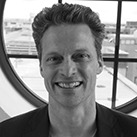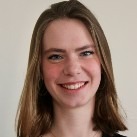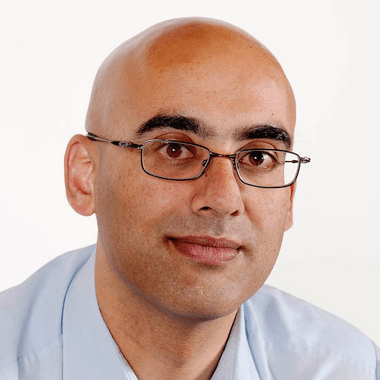Enterprise Tuesday: Using AI as a driver for your sustainable goals

26 Nov 2024
18:30 -21:00
Times are shown in local time.
Open to: All

Cambridge Judge Business School
Trumpington St
Cambridge
CB2 1AG
United Kingdom
Join us for Enterprise Tuesday

AI is often viewed as a threat to humanity, but there is a brighter side to it. It will change how we do things so holds the potential to drive innovation and help us achieve a sustainable future.
Entrepreneurs have the opportunity to leverage AI in order to contribute positively to the environment and promote social and sustainable practices.
In this session, we will considering the significant role that businesses play in addressing their sustainable goals, can AI play a more impactful role in enhancing corporate responsibility? And how can AI itself ensure that AI is used and developed sustainably? For example – a single ChatGPT query uses nearly 10 times as much energy as a typical Google search (report by Goldman Sachs).
Prepare for an evening of enriching discussion, networking, and the chance to further engage on this vital topic over drinks.
Chaired by
Christian Bunke
CEO & founder, Basck
Christian is the CEO and founder of the Basck, a leading Innovation and IP strategy consultancy for startups. Basck work with more than 650 startups across the globe who have raised +$2B in funding. With Heroes to Carbon Zero #H2CZ Basck support innovation in UN’s SDG9 & SDG13 to address climate action with patents for inventors.
Christian has founded a dozen startups and is the CMO and co-founder of Aalbun a leading UK legaltech software company.
He is top 300 IAM IP Strategists, Mechanical Engineer and MBA from University of Cambridge. He is a startup enthusiast and likes SUP Boarding.
Speakers
Georgina Steele
Co-founder and CTO of a climate startup
Georgina Steele is the Co-founder and CTO of a climate startup leveraging cutting-edge AI technologies, including natural language processing, large language models, and retrieval-augmented generation, to deliver actionable insights on climate policy.
Her work enables companies to identify which climate policies matter to them, understand their impact, and take informed actions.
Georgina’s career started as a high-performance mechanical engineer at McLaren Racing, where she optimised critical race car components before moving into software.
At Tractable she built AI-driven products, contributing to the company securing a unicorn status. More recently, at Sylvera, she spearheaded the design of backend systems that achieved a 10x improvement in performance and development speed, further demonstrating her ability to architect impactful solutions at scale.
With a deep technical foundation and a passion for innovation, Georgina specialises in designing systems that extract value from complex data to solve real-world problems. Her expertise in AI-driven technologies and system optimisation is paired with a commitment to tackling global challenges.
Anil Madhavapeddy
Professor of Planetary Computing, University of Cambridge
Anil Madhavapeddy is the Professor of Planetary Computing at the University of Cambridge Computer Laboratory, based in the Energy & Environment Group and the Systems Research Group.
His research topics related to computer systems and programming languages, with a focus on applying the insights to global conservation and biodiversity. He is on the management committee of the Cambridge Conservation Initiative where he co-directs the Cambridge Centre for Carbon Credits (4C) and the Cambridge Centre for Earth Observation and collaborate with wonderful colleagues from Plant Sciences, Zoology, and Economics and NGOs such as UNEP-WCMC and the IUCN.
He has held a JM Keynes Fellowship since 2022, towards his work on combining computer science with economics. He is signed up to the Keshav declaration on the necessity of computer scientists responding to the urgent planetary crisis.
He also teaches computer science and is a Fellow at Pembroke College where he is the co-Director of Computer Science.
Olga Tutubalina
Remote Sensing Senior Expert
Olga Tutubalina is a Remote Sensing Senior Expert at Gentian, a UK startup which uses very high resolution satellite and aerial imagery and deep-learning AI, trained on ground ecological survey data.
Gentian assists businesses, municipalities and land owners, with sustainability reporting, urban climate resilience and nature restoration projects, by providing timely and accurate maps, which replace or minimise the need for “boots on the ground”.
Olga has about 30 years of experience in remote sensing applications in vegetation mapping, glacial hazards, climate change impacts in the Arctic and precision agriculture, mostly in academic roles at the University of Cambridge, Lomonosov Moscow State University and Trinity Hall.
She joined Gentian in 2023 and specialises in the development of new products.
She has a PhD in Polar Remote Sensing from the University of Cambridge.





